 Attachment & Relationships Online Course(s) & Continuing Education
Attachment & Relationships Online Course(s) & Continuing Education
Access the latest clinical skills and research for Attachment & Relationships for INFANT & CHILD HEALTH & DEVELOPMENT professional training. These Attachment & Relationships online courses provide practice-changing skills and valuable perspectives from leading global experts. This Attachment & Relationships education has been accredited for a variety of CEUs / CERPs and can be accessed on-demand, at your own pace.
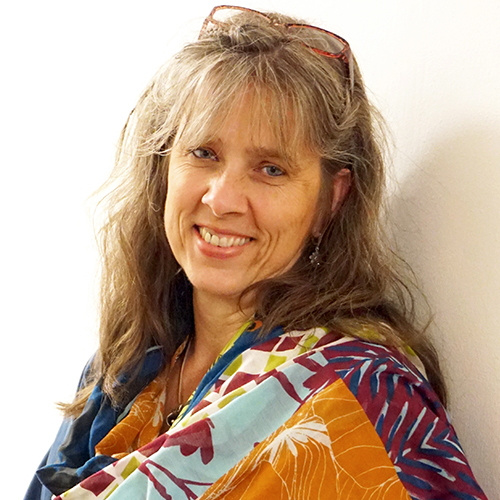
Building Strong Children: The Power of Buffering Protection Through Responsive Parenting and Caring Communities

Marianne is a mother of four grown-up, home-birthed and breastfed daughters and granny of five beautiful home-birthed, breastfed grandchildren. After a personal experience with breastfeeding practices in a hospital, she became a volunteer for the Dutch breastfeeding association in 1994 and for many years, she led big groups for pregnant and breastfeeding mothers in her home town.
She became an IBCLC in 2008 and launched her private practice, from which she does consultations, book translations (such as James McKenna’s book ‘Sleeping With Your Baby’ and recently ‘Safe Infant Sleep’, and Jill and Nils Bergman’s book ‘Hold Your Prem’), blogging and writing on youth healthcare, advocating for policies that generously take neurophysiological and sociocultural convictions into account. Translating and avid reading widened Marianne’s insights and field of interest, leading her her to Cultural Anthropology & Development Sociology at the University of Amsterdam and subsequently a master’s degree in Medical Anthropology & Sociology.
Combining several fields, she co-founded the initiative ACE Aware NL early 2020, chiming in with similar movements in Scotland and California, US. The aim is to increase awareness around Adverse Childhood Experiences and their impact on adult health and wellbeing. Now that science abundantly shows the importance of sensitive and responsive parenting for overall health and wellbeing, all sectors in society deserve to know what a world of difference they can make in a child's life if they succeed in incorporating trauma-sensitive approaches . Marianne expects to remain strongly tied to this field for the rest of her life.
There is a growing awareness about the impact of Adverse Childhood Events or ACEs and the toxic stress they can create during a child’s formative years. So far much of the research and conversation has focused on identifying ACEs and the negative life-long consequences they can have. How can we reframe the conversation to shift from focusing on reacting to negative outcomes, to creating the caring connections that promote healthy brain development and stress regulation? To feel healthy, people of all ages look for a meaningful existence with loving and caring relationships. In the Salutogenic Model of Health this is called the Sense of Coherence (SoC). When the SoC is under strain, this can cause pain and trauma that both parent and child express in behaviours that are difficult to handle for themselves and others. As innately and intensely social beings, humans actively try to connect to others to build positive, contextualised relationships that support health and wellbeing and create social resources. Therefore, secure childhoods and nurturing social environments are likely to increase lifelong resilience. Looking at health from a salutogenic perspective can help us understand that health and wellbeing cannot simply be depoliticised and decontextualized as an individual responsibility. ACEs are not always preventable, but we have the power to help both parents and professionals create the positive childhood experiences (PCEs) that buffer the negative ones and create resilience.
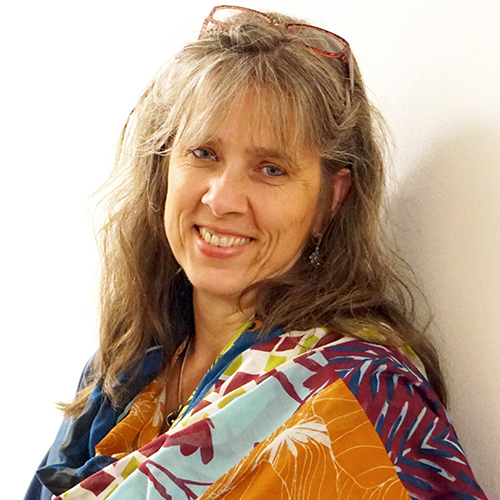
View Details / Enroll
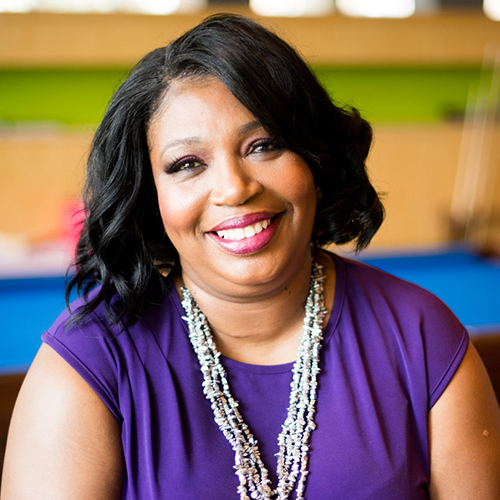
Enhancing Caregiver Attachments Through Imaginative Play and Emotional Storytelling

Althea T. Simpson, MBA, MSW, LCSW, RPT-S, is an innovative trainer, psychotherapy private practice owner, founder and President of Unicorn Life Training and the Black Play Therapy Society, and host of the Chronicles of A Play Therapist podcast. She is the author of Hurt to Healing: Child Witnesses of Domestic Violence and Their Invisible Injuries. Althea has a diverse background including research, mental health, and organizational consulting. A Certified LEGO® SERIOUS PLAY® Facilitator reinforcing a process of creative thinking and problem-solving, Althea facilitates thought-provoking and experiential skill enriching workshops for mental health professionals, corporations, and organizations throughout the United States. Althea’s passion is utilizing the healing powers of play to effect change on an individual and organizational level.
IG: @altheatsimpson
IG: @brickmagicplaytherapy
Facebook: https://www.facebook.com/unicornlifetraining
Twitter: @altheatsimpson
TikTok: @altheatsimpson
Youtube: https://www.youtube.com/channel/UCexheSp4-M-A-sW5w1aU5eQ
Play is an important milestone for babies and toddlers as it helps with development and reasoning skills. Play also holds a crucial role in providing a safe, caring, and protective attachment relationship between caregiver and child. Through pretend play, caregivers can help children express thoughts and emotions. Emotions are responses to different stimuli and children can learn appropriate ways to work through their emotions. Through storytelling caregivers can help children identify emotions without labeling emotions as “good” or “bad.” Caregivers who engage children in reading and storytelling promote brain development and imagination, develop language and emotions, and strengthen relationships. Learn more about the importance of play, the stages of development and how play works before language and memory are developed and examples of activities that encourage imaginative play.
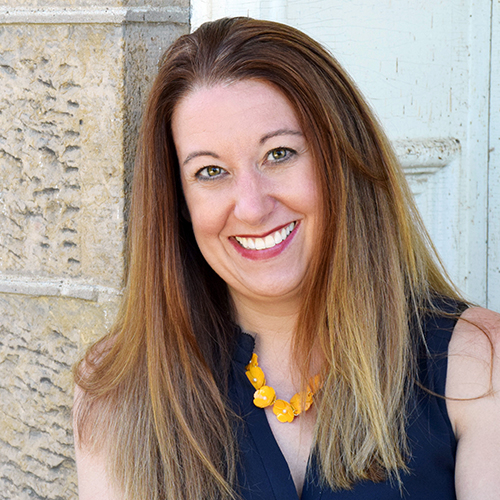
Scent-Sational Connections: The Role of Olfaction in Development

Gretchen Becker Crabb is an Occupational Therapist, Licensed Professional Counselor, and Endorsed Infant Mental Health Therapist. She is also a Certified Lactation Counselor, La Leche League Leader, and Brazleton Newborn Observation (NBO) trainer.
Gretchen’s passion is rooted in fostering lifelong relationships and connection through co-regulation in pregnancy and beyond. Her unique approach to lactation support and therapy is rooted in culturally attuned sensory, somatic, and trauma-informed mental health techniques.
Gretchen owns and operates a private practice in Madison, Wisconsin. For 21 years, she has provided developmental, trauma, feeding, and attachment support for tiny humans and their caregivers in birth to three, preschool, private practice, and peer group settings. Gretchen is an international speaker, reflective supervisor, and infant mental health consultant. In these roles, she offers compassionate, experiential, and reflective holding spaces for professionals. She is a proud United States Air Force spouse and mother of three boys.
Topic: Infant Mental Health: What Does It Look Like in Practice? - [View Abstract]
Topic: Scent-Sational Connections: The Role of Olfaction in Development - [View Abstract]
Topic: Sensory Processing and Breast/Bodyfeeding: Using Co-Regulation to Support the Feeding Relationship - [View Abstract]
Topic: Vestibular Processing: Using the Sixth Sense to Support Lactation and Parent/Infant Relationships - [View Abstract]
Though so obvious, the sense of smell is quite integral to well-being and human connection. As the loss of smell has been highlighted as one of the main symptoms of COVID, it invites a deeper understanding of the functional impacts of olfactory differences in children and caregivers. In this presentation, we will learn about the cultural history and neurological basis of olfaction. We will explore how smell plays a role in feeding, interpersonal relationships, and safety as well as olfactory strategies to promote physical health and co-regulation.
IMPORTANT: In this presentation we will do experiential work, so please have a journal, the following scents and food available:
One Citrus Scent (e.g. lemon, lime, orange)
One Woodsy/Earthy Scent (e.g. leaves, rocks, soil)
One article of clothing worn by someone you are close to (e.g. spouse, child, close friend, parent)
Carrot or other raw vegetable to eat
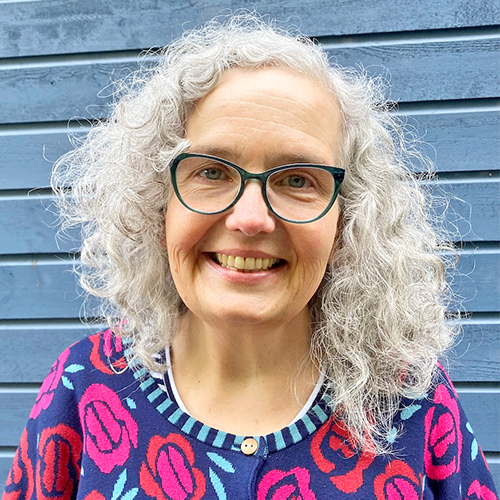

Ann Douglas sparks conversations that matter about parenting and mental health. She is the creator of Canada's bestselling series of pregnancy and parenting books, The Mother of All books series, and the author of two critically acclaimed parenting guides: Happy Parents, Happy Kids and Parenting Through the Storm. Her most recent book is Navigating The Messy Middle: A Fiercely Honest and Wildly Encouraging Guide for Midlife Women.
If you've already met Ann via one her books, you know what you can expect from one of her presentations: to be inspired, informed, and entertained. Not only will she shift your thinking about what the challenges that parents and children are facing in 2023: she'll move you to action as well. By the end of Ann's presentation, you'll be eager to embrace the important role that you have to play in supporting parents: in helping them to feel confident and capable as opposed to anxious, guilty, or overwhelmed.
Looking for strategies for supporting parents and children who are struggling? In this compassionate and idea-rich presentation, you will learn why so many parents are struggling with feelings of anxiety, guilt, and overwhelm—and how this affects both their health and their parenting; how the health of parents affects the health of kids—and vice versa—and what this means for families who are struggling with challenges both big and small; seven things the parent of a child who is struggling really needs to hear from early years professionals (and how to deliver these all-important messages in an empowering and guilt-free way); seven proven strategies for connecting with parents and building trust; and eight simple-yet-powerful ideas you can share with parents to help them to feel calmer and more confident in their parenting.
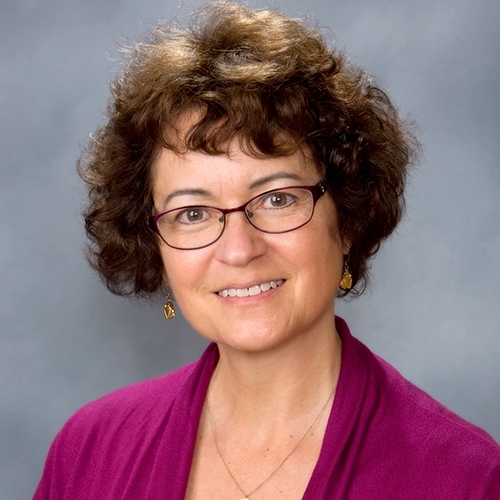
The Postpartum Nest: Helping Parents Lay the Foundation for Their Child's Lifelong Health

Darcia Narvaez, Professor Emerita of Psychology, University of Notre Dame researches moral development and flourishing from an interdisciplinary perspective, integrating anthropology, neuroscience, clinical, developmental and educational sciences. Her earlier careers include professional musician, business owner, classroom music teacher, classroom Spanish teacher and seminarian, among other things. She grew up bilingual/bicultural but calls the earth her home. Dr. Narvaez’s current research explores how early life experience influences wellbeing and moral character in children and adults. She is a fellow of the American Psychological Association and the American Educational Research Association and former editor of the Journal of Moral Education. She is on the advisory boards of Attachment Parenting International, Kindred, Your Whole Baby, and the Self Reg Institute. She has numerous publications, including more than 20 books such as Indigenous Sustainable Wisdom: First Nation Know-how for Global Flourishing; Basic Needs, Wellbeing and Morality: Fulfilling Human Potential and Embodied Morality: Protectionism, Engagement and Imagination. A recent book, Neurobiology and the Development of Human Morality: Evolution, Culture and Wisdom won the 2015 William James Book Award from the American Psychological Association and the 2017 Expanded Reason Award. She blogs for Psychology Today (“Moral Landscapes”) and hosts the webpage EvolvedNest.org.
Every animal has a developmental system or nest for its young that matches up with the maturational schedule of offspring. Humans have a nest too although many people don’t realize it. The human nest refers to the experiences and care that a child receives after birth and in the years that follow. Modern child raising has changed significantly from the nest of our ancestors with concerning results. Learn more about the epigenetic impact of the early nest and how early life experience influences wellbeing and sociomoral character in children and adults as well as societal culture. Delegates will gain an understanding of the essential components of the early nest (including touch, responsivity, breastfeeding, alloparents, positive social support, play, and soothing perinatal experiences) along with ways to empower parents to incorporate them into their infant’s care to create a foundation for lifelong health and well being.
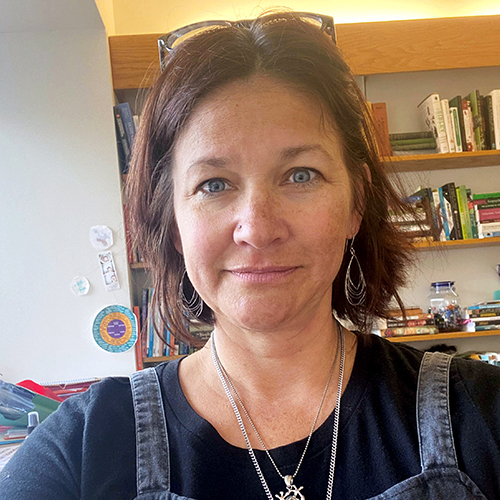

Dr. Patty Born is an associate professor of environmental education at Hamline University in St Paul, MN. She has worked for over three decades in different educational settings, including museums, nature centers, zoos, parks, and traditional classrooms. As a scholar-activist, she is concerned with helping teachers-to-be develop an accurate and informed understanding of issues related to climate, environment and sustainability, as well as helping them engage with important questions about our connections to other species. Patty's research interests are related to human-animal relations, wildlife experiences and their impact on teacher self-efficacy, and nature-based education. Dr. Patty Born is an associate professor of environmental education at Hamline University in St Paul, MN. She has worked for over three decades in different educational settings, including museums, nature centers, zoos, parks, and traditional classrooms. As a scholar-activist, she is concerned with helping teachers-to-be develop an accurate and informed understanding of issues related to climate, environment and sustainability, as well as helping them engage with important questions about our connections to other species. Patty's research interests are related to human-animal relations, wildlife experiences and their impact on teacher self-efficacy, and nature-based education.
Relationships with animals are deeply significant for children but are often overlooked by the adults in their lives. Why are animals so captivating for children of all ages? Dr. Born will share an overview of how animals impact children’s cognitive, social-emotional, and inter/intra-personal development and growth. Animal interactions can decrease anxiety, provoke higher-order thinking, improve social relationships and have been shown to have therapeutic and physiological benefits as well. Dr. Born will also describe ways that adults can be supportive of child-animal relationships with information about health and wellness(for children and animals!), safety, caregiving, and ways to foster healthy, meaningful relationships with companion and wild animals.










